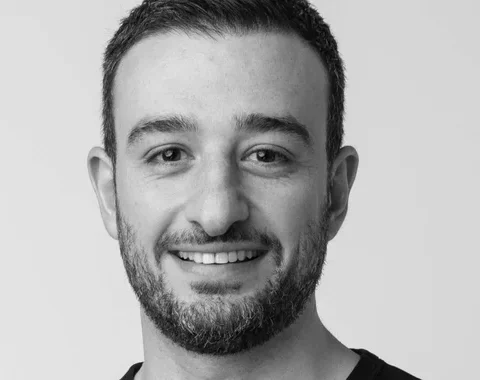Introduction:
Dylan Mulvaney, the transgender advocate and spokesperson, recently sat down with Forbes to discuss her experiences and reflections on the controversy that emerged following her partnership with Bud Light. Mulvaney, who has been the target of intense backlash and threats, emphasized the need for genuine inclusivity in marketing and urged brands to stand by the talent they recruit. In this article, we delve into Mulvaney’s insights and the broader implications of her message for the marketing industry.

The Backlash and its Impact:
Mulvaney’s collaboration with Bud Light ignited a storm of controversy, leading to a boycott of the brand and even death threats against her. This hostile reception left Mulvaney feeling apprehensive about her own safety and hesitant to venture outside. Her experiences shed light on the challenges faced by transgender individuals in the public eye and the urgent need for greater acceptance and understanding.
Avoiding Performative Inclusivity:
During her conversation at the 2023 Forbes CMO Summit, Mulvaney articulated her hope that brands would move beyond superficial displays of inclusivity in their marketing efforts. She emphasized the importance of fostering genuine connections between partners and brands, a sentiment she believes has been lacking in many of her professional relationships. Mulvaney’s call for authenticity resonates as a crucial message for the marketing industry as a whole.
Supporting Trans Talent:
Mulvaney’s experience highlights the broader issue of supporting transgender talent in the public sphere. It underscores the importance of providing a safe and inclusive environment for individuals to express themselves authentically. Brands have an opportunity to not only showcase diversity but also to champion the voices and experiences of those who have historically been underrepresented.
The Role of Brands in Driving Change:
Mulvaney’s story serves as a reminder of the power and responsibility that brands hold in shaping societal attitudes. By advocating for inclusivity and standing by their partners, brands have the potential to drive positive change and challenge discriminatory norms.
Conclusion:
Dylan Mulvaney’s candid conversation with Forbes sheds light on the complexities and challenges faced by transgender individuals in the public eye. Her message serves as a call to action for brands to move beyond performative inclusivity and actively support the talent they collaborate with. As the marketing industry continues to evolve, Mulvaney’s experiences offer valuable insights into the path toward genuine and meaningful representation.










